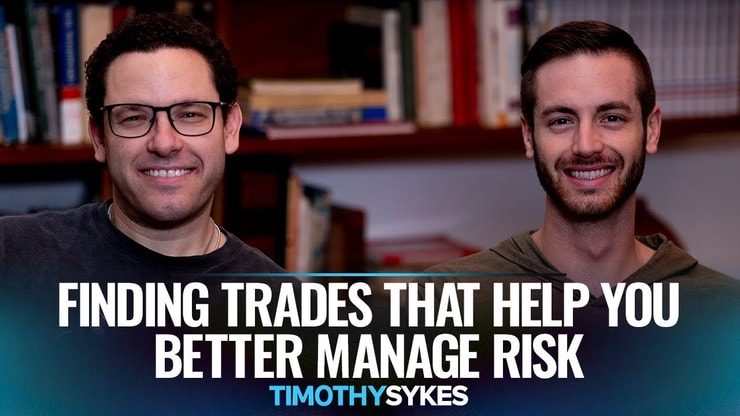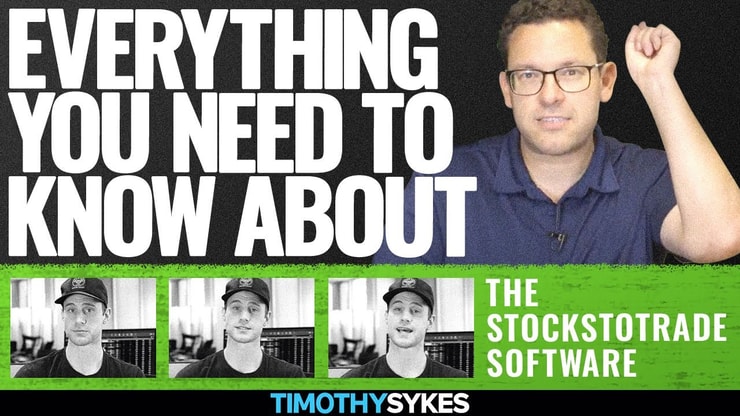Known for his sharp insights and risk tolerance, Andrew Krieger gained widespread recognition for his role during the 1987 market crash, Black Monday. At that time, he was trading for Bankers Trust and executed one of the largest single-day trades ever.
Traders like George Soros and Paul Tudor Jones share similar accolades, but Krieger’s style is often highlighted for his ability to excel in crisis situations. His method was meticulous, a blend of experience and daring—investment strategies that are important for surviving in turbulent markets.
You should read this article because it explains how Andrew Krieger became a legendary trader, detailing his famous market strategies and early successes.
I’ll answer the following questions:
- Who is Andrew Krieger?
- Is Andrew Krieger legit or a scam?
- What trading strategy is Andrew Krieger famous for?
- How did Andrew Krieger get started in trading?
- What were Andrew Krieger’s early trading successes?
- Which stock picks are on Andrew Krieger’s watchlist?
- What is Andrew Krieger’s net worth?
- Does Andrew Krieger offer a course?
Let’s get to the content!
Table of Contents
Who Is Andrew Krieger?
Unlike many traders who floundered in the aftermath of Black Monday, Krieger capitalized on the market volatility. His approach was grounded in a deep understanding of currency markets, particularly focusing on the New Zealand dollar (known as the “kiwi”).
Krieger’s ability to thrive in turbulent markets is a testament to his disciplined approach. He used long option positions as a way to mitigate risk, but still take advantage of the upside.
His strategies emphasize low-risk, high-reward positions, leveraging options and derivatives in market downturns.
The first step to becoming a successful Krieger is to find trades that help you manage your risk. Check out my video below to learn how.
Is Andrew Krieger Legit or a Scam?
Andy Krieger’s reputation in finance and the trading world speaks volumes. His groundbreaking trade on Black Monday, where he shorted the kiwi, proved his legitimacy beyond any doubt.
Some traders build their reputations on one big trade, but Krieger consistently applied disciplined risk management to ensure that his wins weren’t a fluke. His success in forex trading wasn’t confined to a single market, either—he traded in over seventy different markets.
While there’s always skepticism about large traders, particularly in forex, Krieger’s background with institutions like Bankers Trust and his connection to George Soros’ Quantum Fund solidified his standing.
What Trading Strategy Is Andrew Krieger Famous For?
Krieger’s trading strategy revolves around analyzing market conditions and exploiting market inefficiencies, particularly in forex. He’s known for capitalizing on panic and market dislocations, often using options to gain leverage while minimizing risk. His most famous strategy involved aggressive shorting of currencies during moments of high volatility.
By focusing on options, he could control larger positions with less capital, managing risk while still positioning himself for significant gains. His trades during the 1987 crash are legendary, where his short position in the kiwi created a ripple effect in global forex markets.
Low-Risk Options in Volatile Markets
Andy excels in turbulent markets, employing low-risk option strategies to consistently generate strong returns across various asset classes.
While he predominantly focused on forex trading, his expertise extends to over seventy different markets. His strategic use of long option positions has proven particularly profitable during periods of market volatility.
Another trader who built a reputation for his trading strategy is Bill Lipschutz. Like Krieger, Lipschutz made significant gains by taking calculated risks in the currency markets. He, too, focused on careful risk management, making large gains during volatile market periods.
His strategies also emphasize the importance of understanding macroeconomic factors and using them to leverage positions with minimal risk. Lipschutz’s approach, while more diversified, shares a similar philosophy with Krieger’s method of low-risk, high-reward trading.
Check out my article to learn more about Bill Lipschutz.
How Did Andrew Krieger Get Started?
Krieger’s rise in trading began after his graduation from the University of Pennsylvania. His real breakthrough came when he joined corporations like Salomon Brothers, and later Bankers Trust, where he developed his skills in forex trading.
By the mid-80s, Krieger had earned a reputation among banks as an innovative and aggressive trader, capable of handling large portfolios with a focus on currency exchanges.
His early success caught the attention of top financial institutions, and by the time he executed his famous kiwi trade, he was operating with substantial leverage. This was the era when traders like Krieger were pushing the boundaries of what was possible in currency markets.
What Are the Early Trading Successes of Andrew Krieger
Before Black Monday, Krieger had already made a name for himself as a sharp forex trader. His ability to navigate the complexities of the dollar and other currencies gave him an edge that few others had.
In fact, his bosses at Bankers Trust trusted him with larger and larger positions, which set the stage for his massive bet against the kiwi. That trade alone would net hundreds of millions, cementing his place in the history of forex trading.
Another well-known trader who achieved early success with a unique approach is Mark Minervini. Minervini made his mark by refining a stock trading system that emphasizes technical analysis and trend-following strategies.
His approach, while focusing more on equities than currencies, parallels Krieger’s in terms of maintaining discipline and patience. Minervini’s early success came from carefully selecting stocks with high potential and executing trades at the right moment, much like Krieger’s timing in the forex market.
For more on Mark Minervini’s trading insights, read my article here.
Which Stock Picks Are on Andrew Krieger’s Watchlist?
Krieger’s focus has largely been on currencies rather than specific stocks, so you won’t find him discussing stock picks like a traditional equity trader. However, the principles he applies in currency trading can be useful when applied to high volatility stocks.
He would likely focus on sectors experiencing major disruptions, similar to how he played the forex markets. In today’s context, stocks impacted by inflationary pressures, shifts in the money supply, or geopolitical instability would be likely candidates for his watchlist.
The tool in every successful trader’s arsenal is a robust trading platform.
When it comes to trading platforms, StocksToTrade is first on my list. It’s a powerful day and swing trading platform that integrates with most major brokers. I helped to design it, which means it has all the trading indicators, charts, news sources, and stock screening capabilities that traders like me look for in a platform.
Grab your 14-day StocksToTrade trial today — it’s only $7!
What Is Andrew Krieger’s Net Worth?
Krieger’s net worth is not as publicized as some other traders, but estimates place it in the hundreds of millions. His landmark kiwi trade alone earned Bankers Trust $300 million, a significant portion of which Krieger likely pocketed.
His ongoing work with hedge funds and private equity firms suggests that his net worth has continued to grow over the years.
Trading isn’t rocket science. It’s a skill you build and work on like any other. Trading has changed my life, and I think this way of life should be open to more people…
I’ve built my Trading Challenge to pass on the things I had to learn for myself. It’s the kind of community that I wish I had when I was starting out.
We don’t accept everyone. If you’re up for the challenge — I want to hear from you.
Apply to the Trading Challenge here.
Trading is a battlefield. The more knowledge you have, the better prepared you’ll be.
Is forex trading part of your strategy like Krieger’s? Write “I’ll keep it simple Tim!” in the comments if you picked up on my trading philosophy!
More Breaking News
- Oracle’s Expansion Plans and Market Response Fuel Stock Momentum
- KeyBanc Boosts Intuitive Machines with Higher Price Target
- Vale S.A. Stock Soars as Goldman Sachs Raises Price Target
- AZI Stock Slips as Investors Eye Key Developments
FAQs About Andrew Krieger
How Old Is Andrew Krieger?
Andrew Krieger was born in 1956, making him 68 years old. He’s part of a generation of traders that rose to prominence in the 1980s alongside George Soros and Paul Tudor Jones.
Does Andrew Krieger Have a Blog or Website?
Andrew Krieger has a website, and his trading strategies are discussed in books like Liar’s Poker. (As an Amazon Associate, we earn from qualifying purchases.)
Does Andrew Krieger Have a TikTok, YouTube, or IG Account?
You won’t find Andrew Krieger on TikTok or Instagram. Unlike some of today’s traders or people in portfolio management, Krieger prefers to keep a low profile. His teachings and insights can be found in the works of others or through private investment circles.
Does Andrew Krieger Offer a Course?
Krieger offers a mentorship course on his website, and his strategies are studied in forex circles and investment books. If you’re looking for resources that cover some of his ideas, you might check out books like The Money Bazaar, which touches on the kind of macroeconomic principles Krieger used in his trading career.





Leave a reply